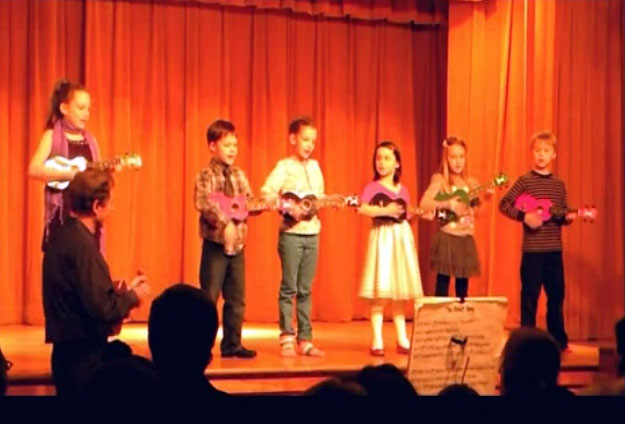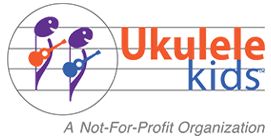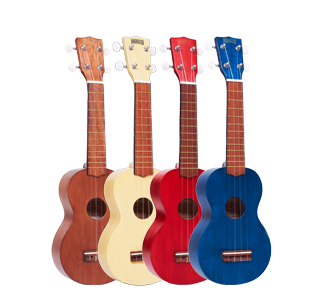Music education in schools and how it benefits students
Children are very much attracted to music and this can exert various benefits on them.
 Every time we present our program in school gyms we bring in all the ukulele colours, we play and sing happy tunes, the children’s attention immediately goes toward the musician. Children are very much attracted to music and this can exert various benefits on them.
Every time we present our program in school gyms we bring in all the ukulele colours, we play and sing happy tunes, the children’s attention immediately goes toward the musician. Children are very much attracted to music and this can exert various benefits on them.
Music is a universal language: every culture in the world sings, dances and plays different instruments. Children have an innate predisposition to music; since they are born they like to listen to music and sing. Music however doesn’t yet have the role it should in our schools and our society, therefore children loose the sense of musicality as they grow up. Ukulele Kids has been playing an important role over the last 8 years in bringing music to the elementary schools to enrich students curriculum and helping children benefit in all other aspects of learning and development.
- Our music program helps students express themselves better and it stimulates their perceptive capacities
- Playing the ukulele brings a lot of joy, happiness and movement, at the same time helps students develop emotionally.
- Playing and singing positively influences language skills and promotes relaxation.
How can parents help at home?
In addition to the music education at school parents at home can also play an important role in encouraging children to listen to music. Here are a few simple suggestions:
- Sing easy songs along with your children
- Reintroduce the use of the lullaby, which unfortunately has been lost to the benefit of television and cartoons
- Encourage playing simple musical games with small percussion instruments or even with unstructured instruments: whistles, little bells, empty bottles in which to blow
- Listen to music with your children even when doing other activities, for example when drawing or doing a chore

